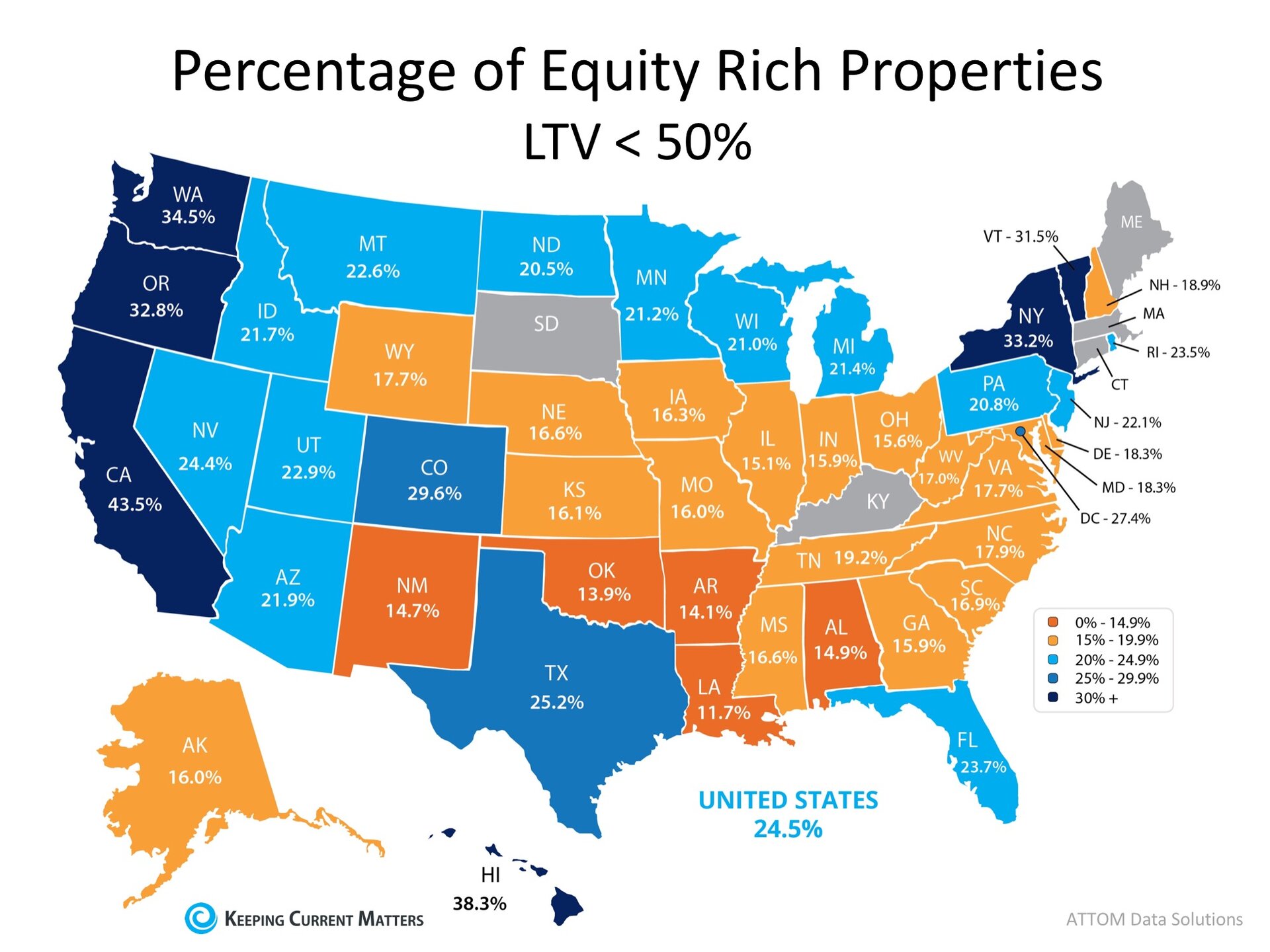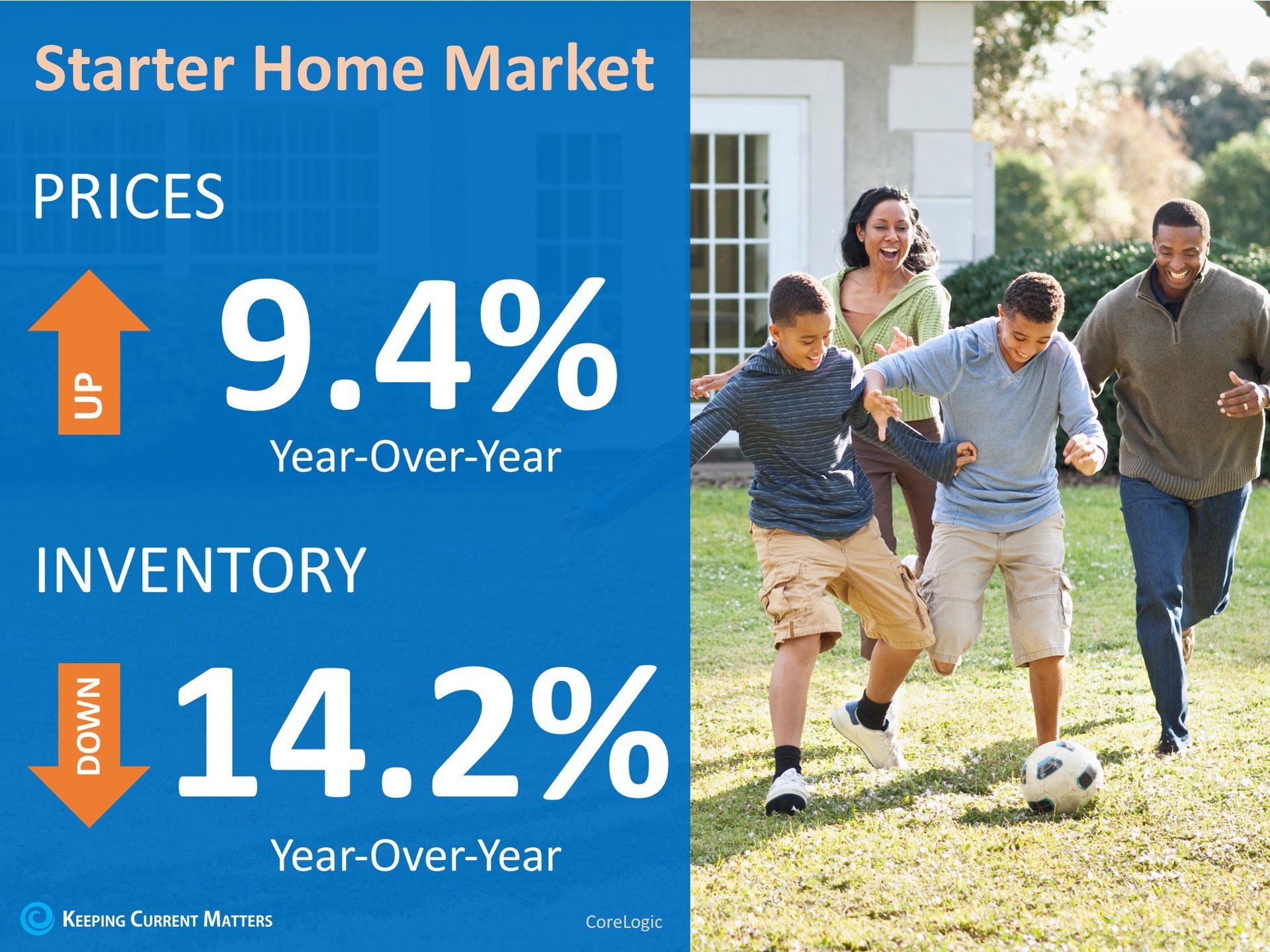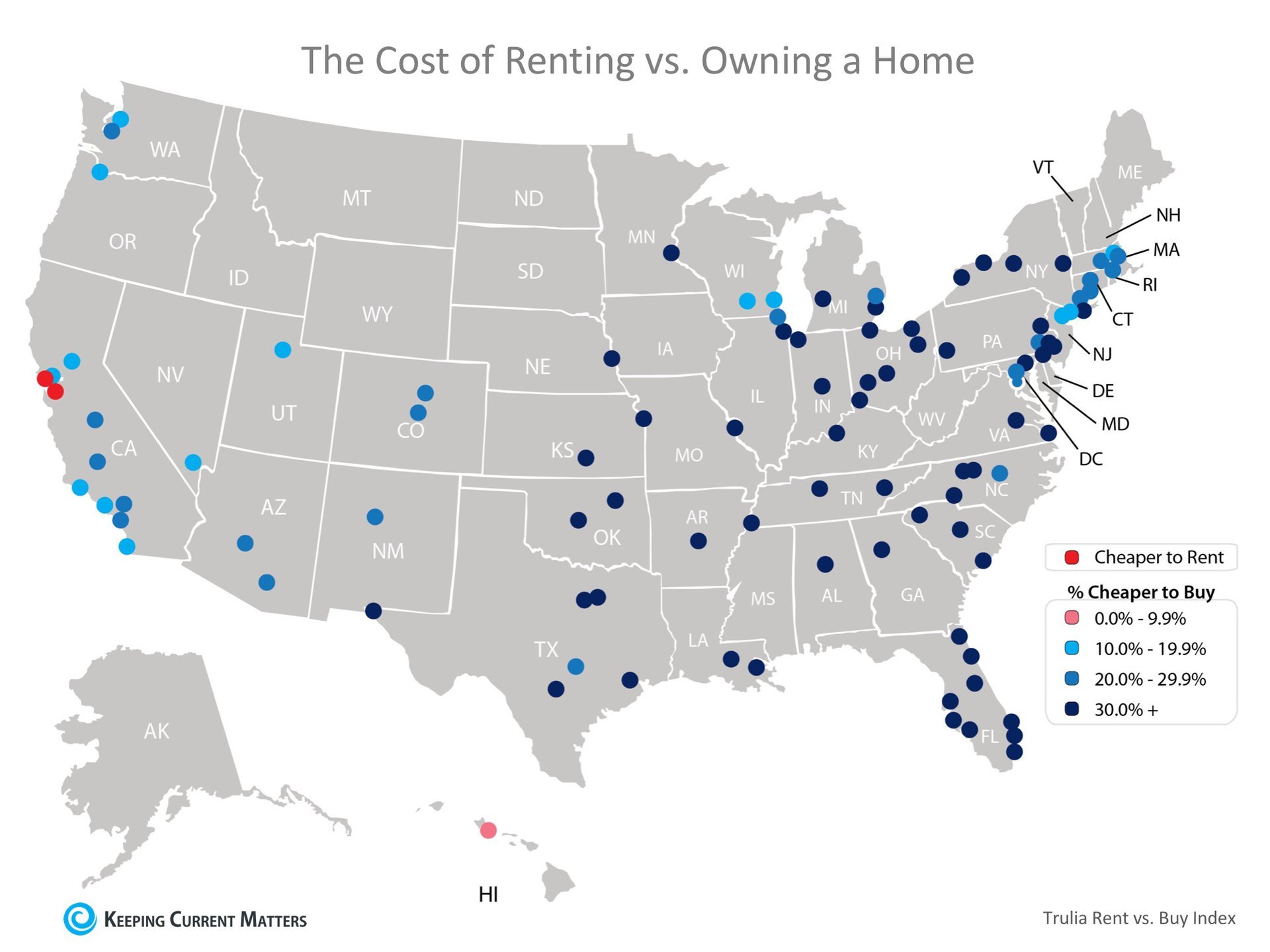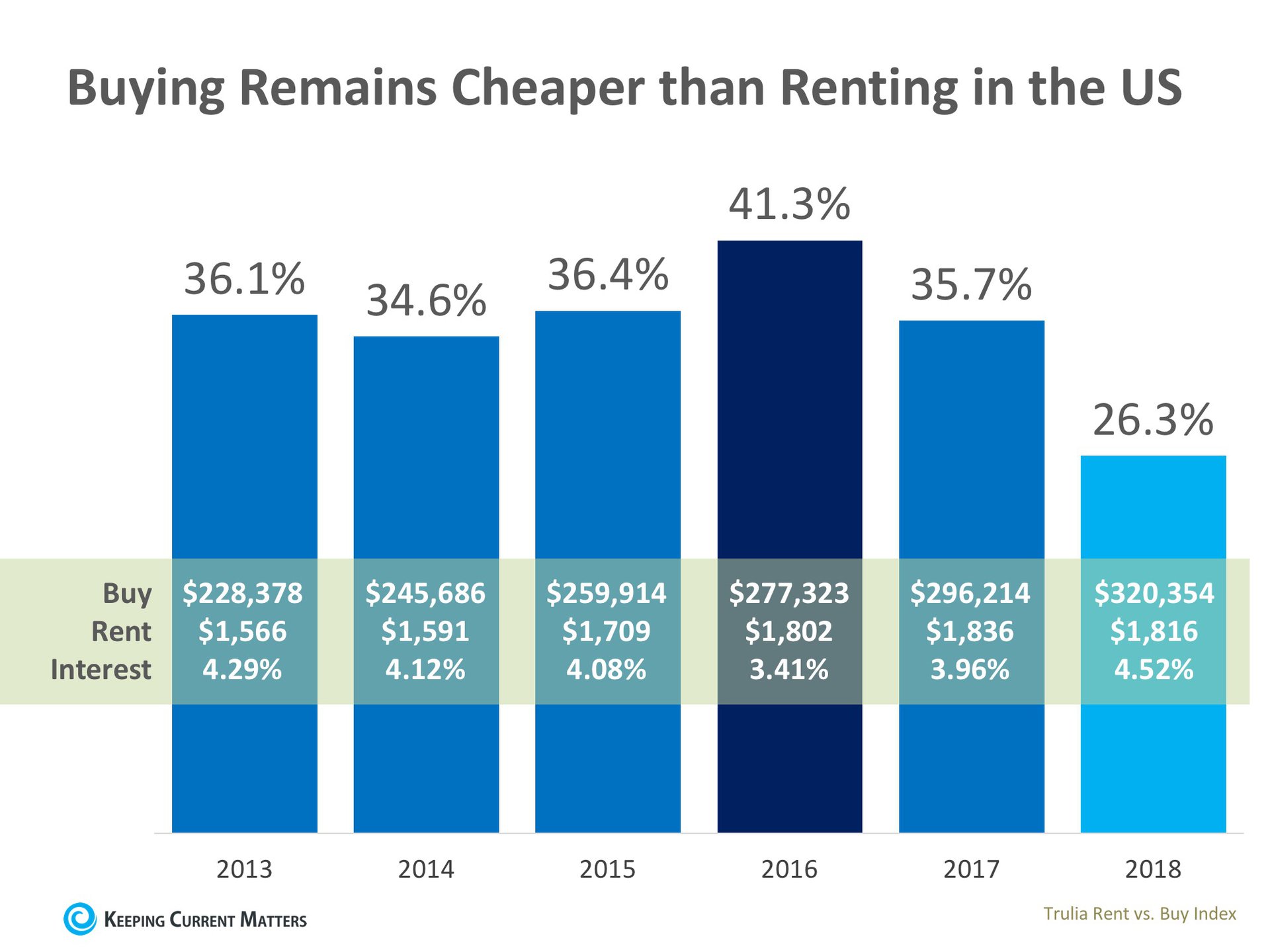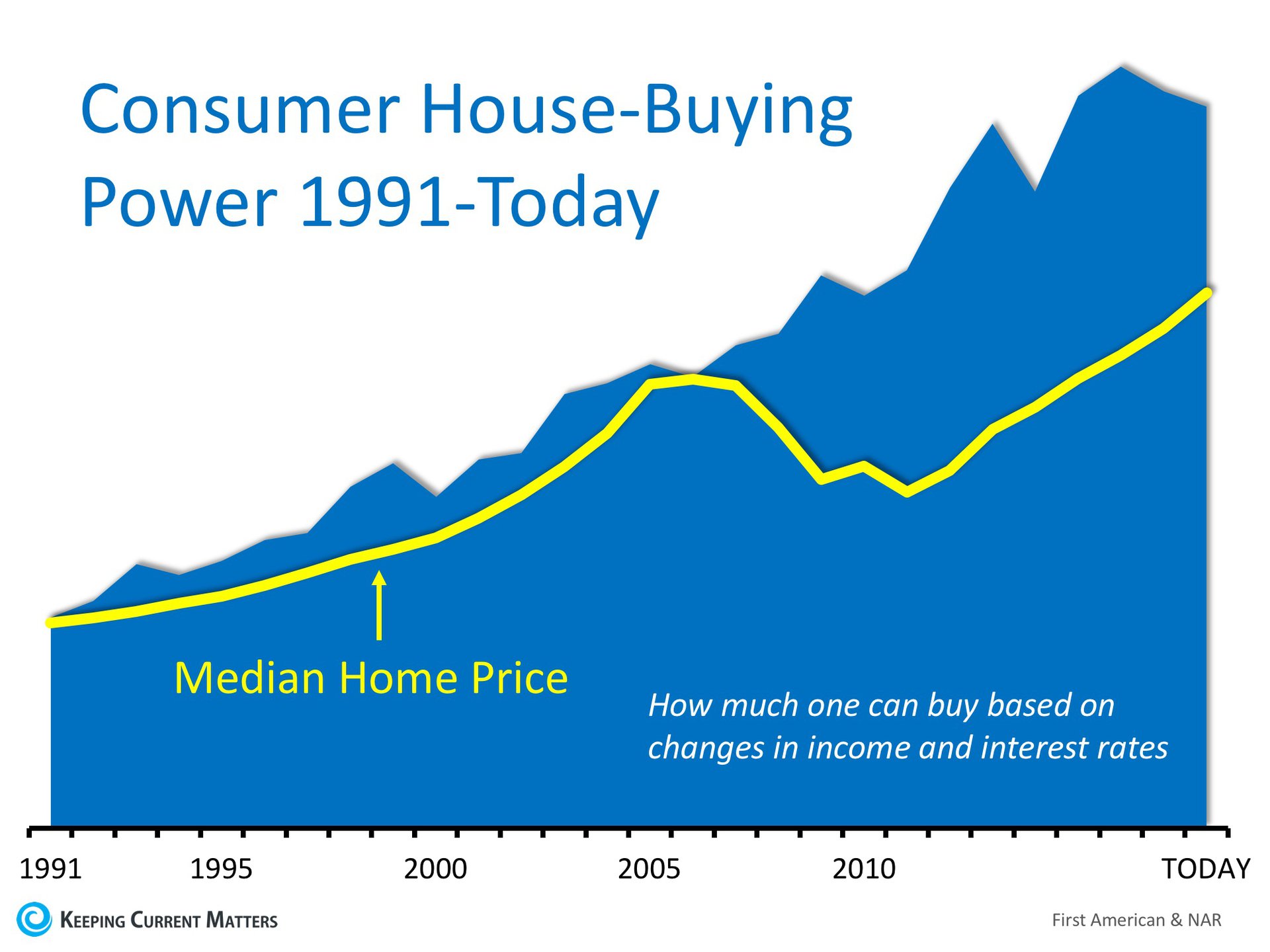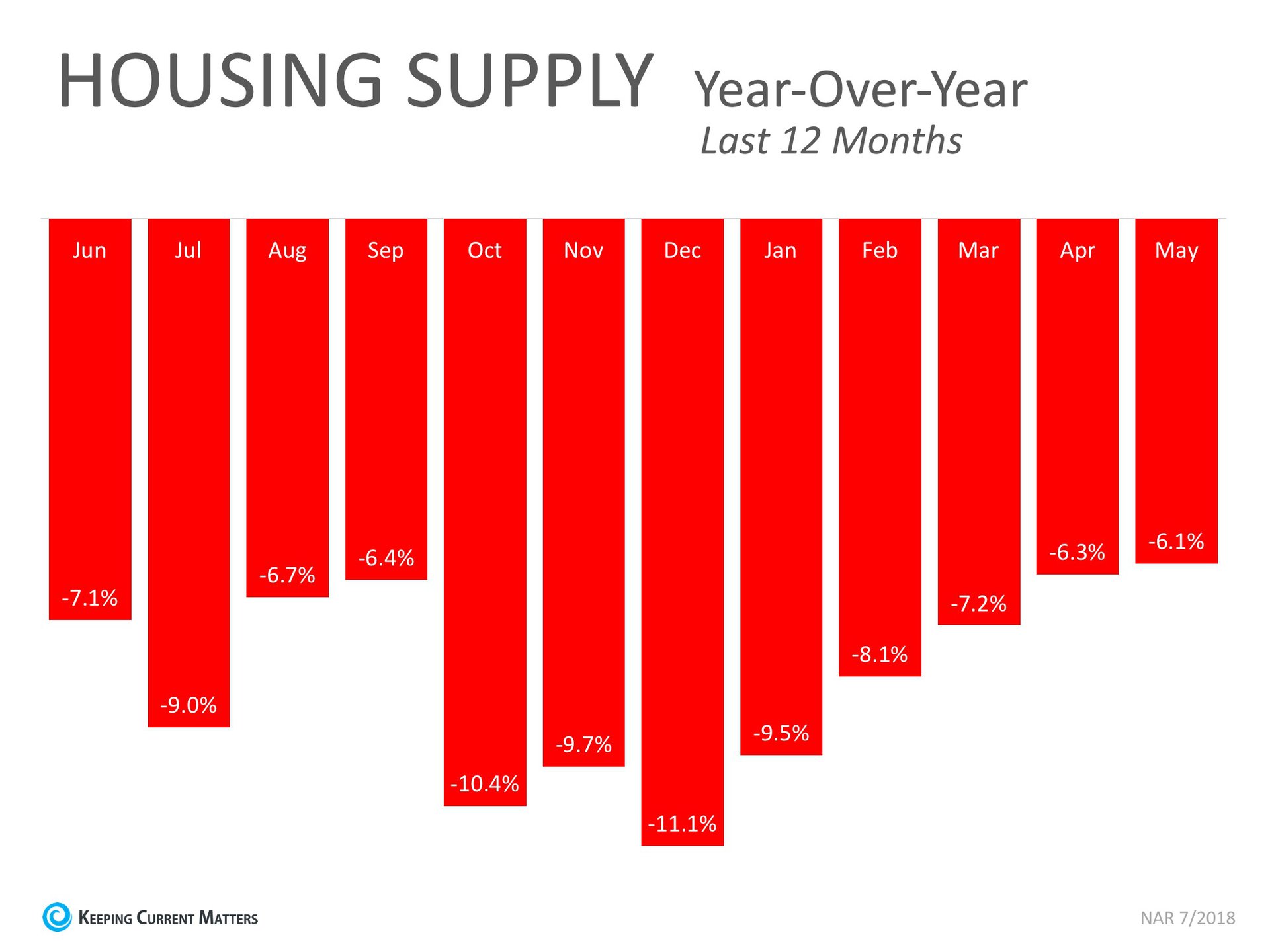This landmark legislation passed 50 years ago — learn your rights and how to defend them.

If you’ve searched for a new place to live recently, you’ve likely seen the Equal Housing Opportunity logo (an equal sign inside a house) on a landlord’s, real estate agent’s or lender’s paperwork.
But the Fair Housing Act is more than just a logo. It’s a federal law designed to protect renters and buyers from discrimination.
Here are some key points to know about the Fair Housing Act when you’re searching for a place to live.
What is the Fair Housing Act?
Also known as the Civil Rights Act of 1968, the Fair Housing Act was signed into law by President Lyndon B. Johnson just days after the assassination of Martin Luther King Jr., who had championed the cause for many years.
The act prohibits housing discrimination based on race, color, religion, national origin, sex, disability and familial status (sex was added in 1974, and disability and familial status were added in 1988).
At the time the act was signed, overt housing discrimination was a huge problem throughout the country, including the attempted segregation of whole neighborhoods and the outright rejection of qualified renters based on race and other factors.
Today, much of the discrimination in the housing market is less obvious, but it’s still an unfortunate reality.
According to the National Fair Housing Alliance (NFHA), over 25,000 housing discrimination complaints were filed with the federal government and local and national fair housing agencies in 2017. Over half of the complaints were based on disability, followed by race at 20 percent.
But these numbers reflect only reported incidents. The NFHA estimates that over 4 million instances of housing discrimination occur annually, but many people don’t realize they’ve been discriminated against — or know what steps to take when it happens.
What does housing discrimination look like?
Most of the people you encounter in your home search, including real estate agents, sellers, landlords, property management companies and lenders, are bound to Fair Housing Act regulations and additional state and local laws, based on where you live or are looking to live.
Fair Housing Act violations can occur in all phases of buying and renting, including in advertising, while you search, throughout the application process, in financing or credit checks, and during eviction proceedings.
Here are a few examples of discrimination people in protected classes have encountered:
- A real estate agent tries to “steer” a buyer away from a certain neighborhood
- A landlord tries to avoid renting to someone by saying the unit advertised has been rented when it hasn’t
- A property management company refuses to rent to a family with children or requires a higher deposit
- A landlord evicts a person of color for a reason they wouldn’t evict a white tenant for
- A mortgage broker asks questions or requests excessive documentation from an immigrant couple that they wouldn’t request from another buyer
- A lender charges a single woman a higher interest rate than what her credit score should dictate
- A landlord refuses to make reasonable accommodations for a tenant who is disabled
What do I do if I’ve been discriminated against?
If you’ve been discriminated against in any of the ways above, or if you suspect that other actions taken by a property manager, landlord, real estate agent, broker or lender may be discriminatory, there are many resources at your disposal.
- File a report: File a complaint with the Department of Housing and Urban Development (HUD) at HUD.gov. You can also file a complaint with local housing resources found through the NFHA.
- Get more info from local housing agencies: You can find a list of local housing counselors at HUD.gov. Besides answering questions about discrimination claims, these agencies provide home buyer education workshops, pre-purchase counseling and rental housing assistance.
- Talk to an attorney: Like any other legal issue, when pursuing a complaint under the Fair Housing Act, it’s smart to consult a lawyer.
- Find people you can trust: If you experienced housing discrimination from your real estate agent, mortgage broker or lender, it’s time to find a new professional to help you in your home search. Ask friends, family members and colleagues for referrals they know, like and trust. Remember — these real estate professionals are working for you, so their only concern should be finding you the home that’s right for you.
Info provided Zillow. For more info like this click here
